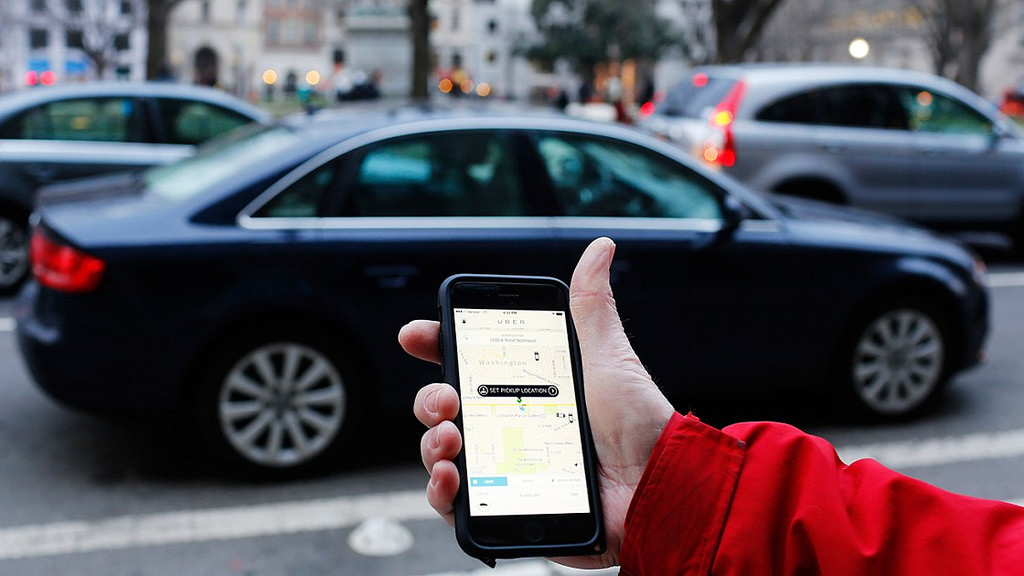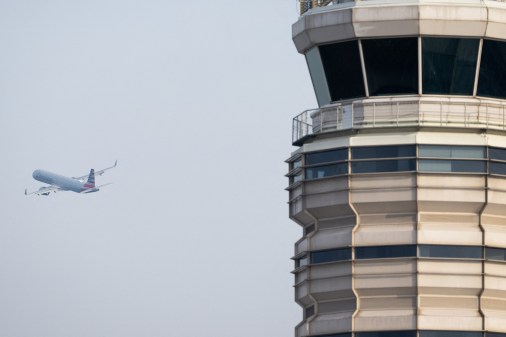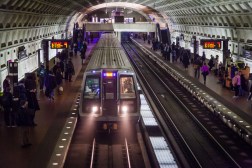Federal employees get the green light to expense ridesharing

In the culmination of a years-long bipartisan effort to give flexibility to government employees who travel for work, President Donald Trump on Tuesday signed the Modernizing Government Travel Act, which paves the way for federal workers to receive reimbursement for official travel on Uber, Lyft and even Capital Bikeshare.
“Today, we showed that despite tremendous partisanship and gridlock in Washington, progress is still possible,” said Rep. Seth Moulton, D-Mass., sponsor of the bill. “This bipartisan bill will make government travel more efficient and, as a result, save taxpayer dollars.”
Federal employees have long enjoyed travel subsidies for personal vehicle travel and mass transit, but until now ridesharing apps have been either excluded or left in largely ambiguous terms, leaving a convenient and relatively inexpensive transportation option off the table.
The new bill clarifies the broad circumstances under which ridesharing can be expensed and makes permanent the effects of a previous bill passed in January, the Transit Benefits Modernization Act, which sanctioned ridesharing reimbursement through 2018.
The latest bill applies to a slew of modern transportation options, defined as “Innovative Mobility Technology Companies.” According to the bill, an organization fits this description if it “applies technology to expand and enhance available transportation choices, better manages demand for transportation services, or provides alternatives to driving alone.”
“This bill will help our government keep pace with the private sector and save taxpayer dollars,” said Rep. Will Hurd, R-Texas, chairman of the House Oversight and Government Reform Subcommittee on IT. “Modernizing government into the 21st Century is something that we all can agree on and I am grateful that my colleagues on both sides of the aisle and the White House for lending their support.”
Lawmakers have voiced repeated calls for permanent ridesharing reimbursement legislation as the Washington Metropolitan Transit Authority, whose ridership is composed of 40 percent federal workers during peak hours, has faced increasing closures and delays due to its SafeTrack program — a yearlong, $60 million project to repair large swaths of the D.C. metrorail system.
Lawmakers also have pointed to the potential cost-savings and environmental benefits of ridesharing when compared to alternatives like taxis or personal vehicles, which are typically lower-occupancy.
“We need more examples of Democrats and Republicans coming together to get things done for the American people,” Moulton said.






